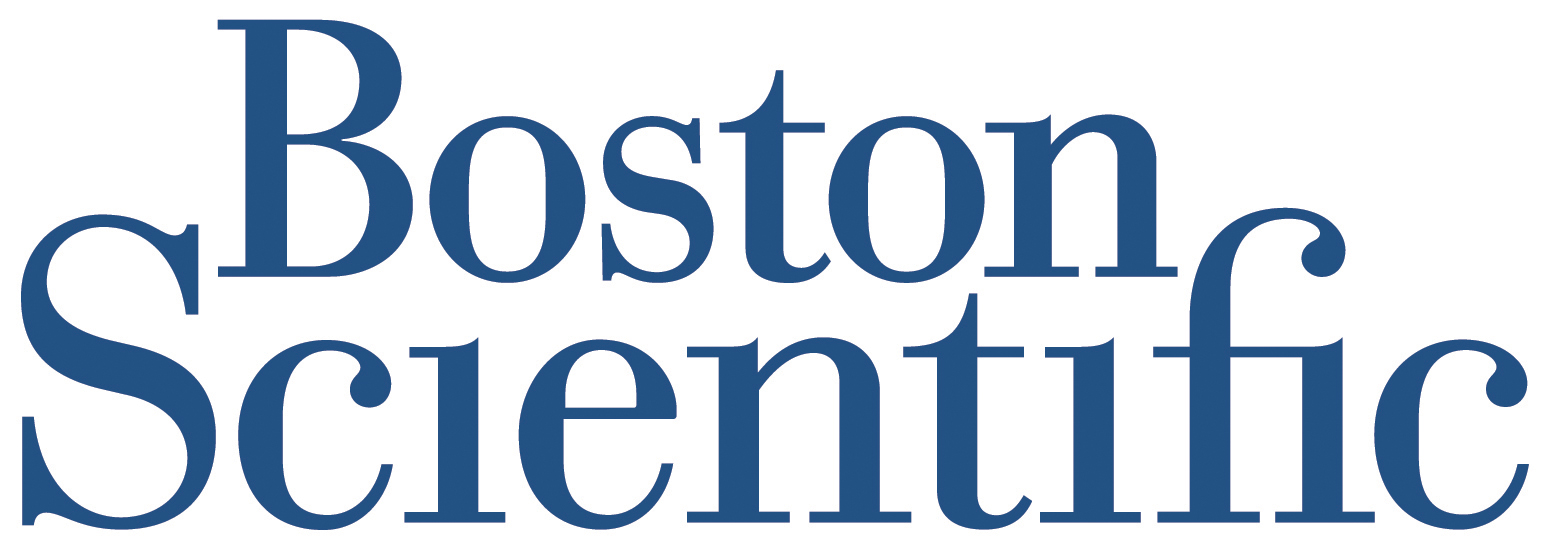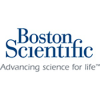Each year, Boston Scientific’s products treat more than 24 million patients worldwide in markets that are expected to exceed $50 billion by 2020. This week the company presented investors with its growth over the past year, along with its intended areas of development. Over the past two years, Boston Scientific achieved 7% organic compound annual growth and expects to achieve a 6–8% CAGR for 2018–2020.
For fiscal year 2016, the company reported $8.4 billion in revenue and 12% operational growth. The following is a breakdown of the company revenue and operational growth by segments for FY 2016, along with some highlights about its strategy for growth by investing in higher growth segments (and diversifying away from low-growth markets) moving forward.
Cardiovascular
Interventional Cardiology: $2.3 billion, 13%
- Investment: Complex percutaneous coronary intervention and guidance, and heart failure.
- Product Highlights
- Synergy bioabsorbable polymer drug-eluting stent system for coronary artery disease.
Structural Heart: $200 million+
- Investment: Transcatheter aortic valve replacement, left atrial appendage closure (LAAC), and mitral replacement and repair.
- Product Highlights
- The Watchman LAAC device has been implanted in more than 30,000 patients, and the company will look at the potential use of the product as an alternative to long-term warfarin therapy for embolic stroke risk reduction in certain patient populations.
- Anticipated launch of Lotus Edge Valve System in Europe, with FDA PMA submission expected in Q4 2017.
- Expand Acurate neo AS Valve system via more field support, geographic growth, next-gen products and investment in approval trials in the United States and Japan.
Peripheral Interventions: $1 billion, 12%
- Investment: Drug-eluting technology, oncology, venous and critical limb ischemia.
- Product Highlights
- Company receives first-ever FDA expedited access pathway designation in peripheral for its study of a drug-eluting vascular stent system to treat below-the-knee critical limb ischemia.
Rhythm Management
Cardiac Rhythm Management: $1.9 billion, 3%
- Investment: S-ICD/leadless, diagnostics and heart failure.
- Product Highlights
- Heartlogic heart failure diagnostic (part of the Resonate line of cardiac resynchronization therapy defibrillators) validated for detecting early indications of worsening heart failure.
- Release an insertable cardiac monitor product in 2019 with a diagnostic-only product platform to monitor cardiac arrhythmia via a mobile patient interface.
Electrophysiology: $245 million, 5%
- Investment: Mapping, navigation and therapeutic solutions.
- Product Highlights
- Rhythmia Mapping System launched in more than 25 countries and used in more than 13,000 cases worldwide.
MedSurg
Endoscopy: $1.4 billion, 10%
- Investment: Visualization, pulmonary, oncology and endoluminal surgery.
- Product Highlights
- Investment in technologies (i.e., endoluminal surgery for gastrointestinal cancer) to enter new endoscopy markets worth $3.5 billion.
- Develop pathology and infection control technologies
Urology and Pelvic Health: $1 billion, 14%
- Investment: Stone, prostate health, ER, and globalization.
- Product Highlights
- Plans for potential global expansion and into $2.6 billion in new segments (i.e., urologic cancer).
- LithoVue Single-Use Digital Flexible Ureteroscope offers new approaches to stone procedures.
Neuromodulation: $560 million, 12%
- Investment: Pain, brain and movement disorders.
- Product Highlights
- PROCO study reveals positive outcomes in using spinal cord stimulation with advanced neural targeting and dosing algorithms for personalized therapy.
- Deep brain stimulation (DBS) product pipeline to treat movement disorders in patients with Parkinson’s Disease, dystonia and essential tremor: Vercise Gevia DBS system recently received the CE mark, and pending FDA approval, company expects to launch the system in the United States in early 2018.





